Charlene Brusso Reviews A Magic of Nightfall
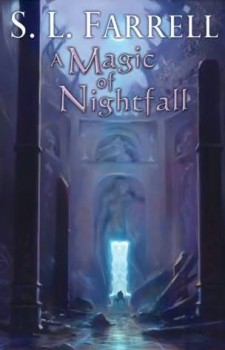 A Magic of Nightfall
A Magic of Nightfall
S.L. Farrell
DAW (656 pp, $7.99, March 2009 – March 2010 mass market edition)
Reviewed by Charlene Brusso
Fans of S.L. Farrell’s marvelous ability with character and world-building (check out the Cloudmage trilogy) will cheer at the arrival of the latest book in the Nessantico Cycle (sequel to A Magic of Twilight). Book two returns readers to the marvelous Renaissance style city of Nessantico, “the most famous, the most beautiful, the most powerful of her kind,” bustling with energy, ambition, magic (much of it unauthorized), and ever-rising intrigue. But this is a Nessantico 25 years after the events of Twilight, a shaky Nessantico and its powers-that-be set to tumble down the slippery slope that has been steadily growing steeper in the last few years.
Nessantico is the capital, both political and religious, of the Holdings, an immense and entrenched empire – immense, but half the size it used to be. To the east, rival nation-state Firenzcia is forming its own alliances with its neighbors. Likewise, the Concenzia Faith has undergone a schism. In Nessantico, the much-beloved Ana ca’Seranta still serves as the “real” Archigos, but rival Archigos Semini ca’Cellibrecca, a conservative religious hardliner, leads the faithful in Brezno in Firenzcia. Unlike Ana, Semini has no tolerance for heretics like the Numentodo, natural philosophers who’ve proven that magical ability has no link to religious faith.
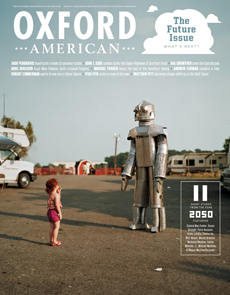
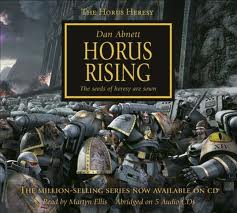
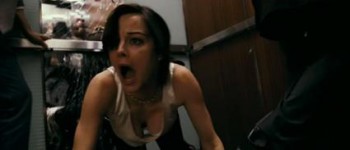 The holidays are over and according to AccuWeather, approximately 70% of the United States has snow on the ground and for a whole lot of you, this may be just a rare enough occurrence that for the moment, you’re mildly amused. But trust me when I tell you the novelty of throwing it at each other, sliding down it, or for a select group of you, writing your name in it, is going to wear off. And that’s when the cabin fever sets in.
The holidays are over and according to AccuWeather, approximately 70% of the United States has snow on the ground and for a whole lot of you, this may be just a rare enough occurrence that for the moment, you’re mildly amused. But trust me when I tell you the novelty of throwing it at each other, sliding down it, or for a select group of you, writing your name in it, is going to wear off. And that’s when the cabin fever sets in.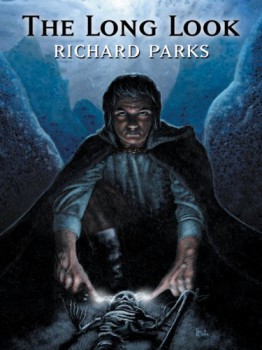 The Long Look
The Long Look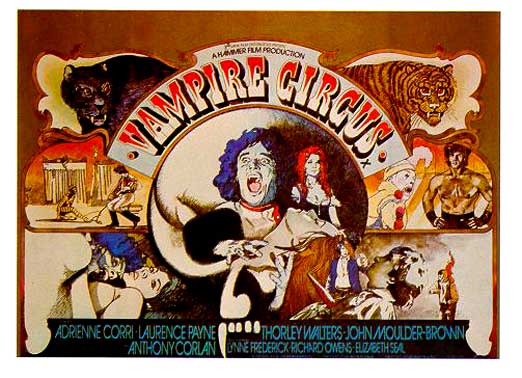 Vampire Circus (1972)
Vampire Circus (1972)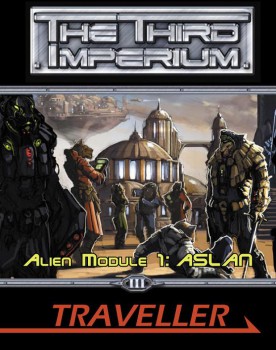
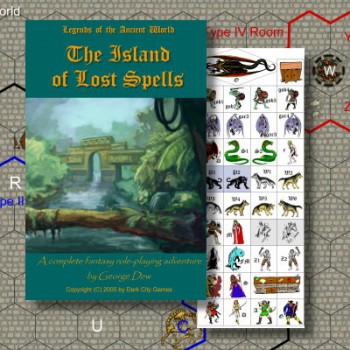
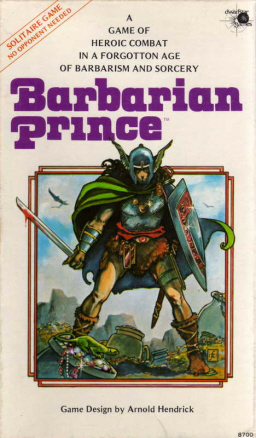
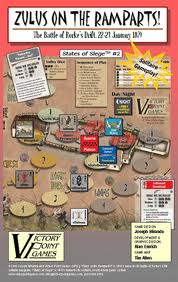
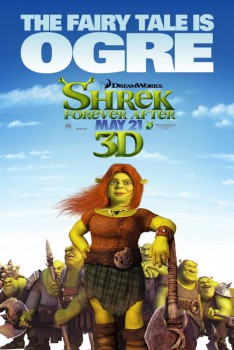 Last week, I discussed my
Last week, I discussed my 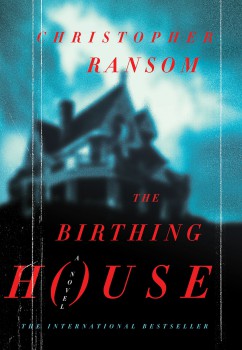 The Birthing House
The Birthing House